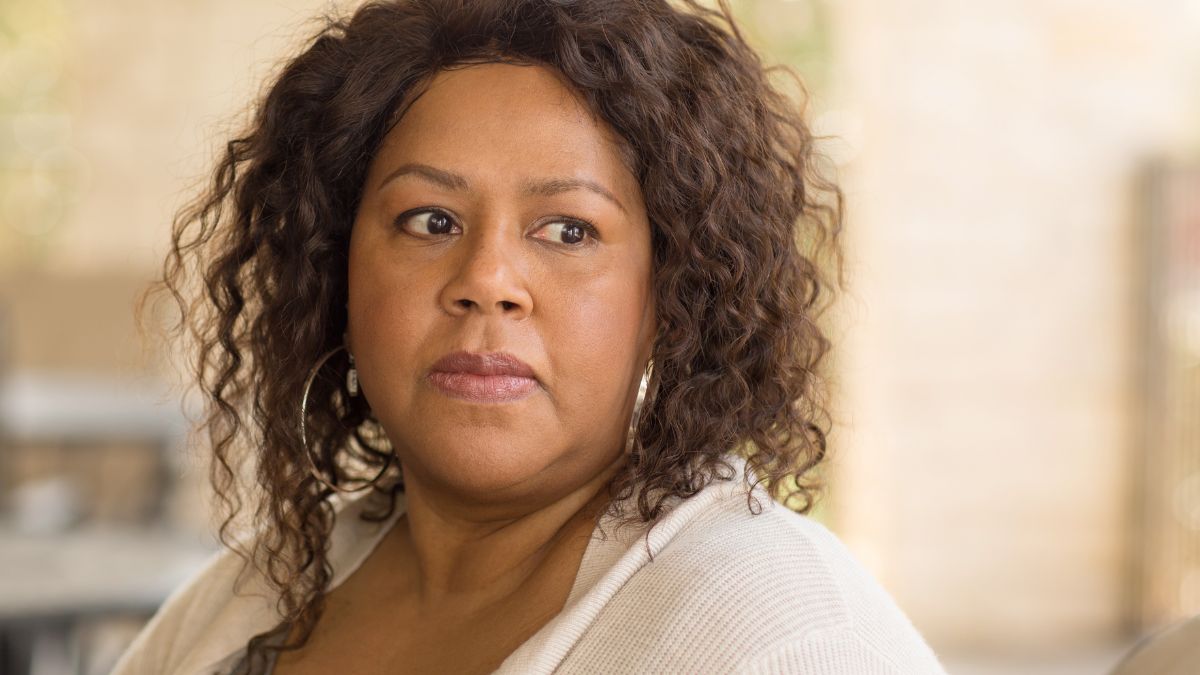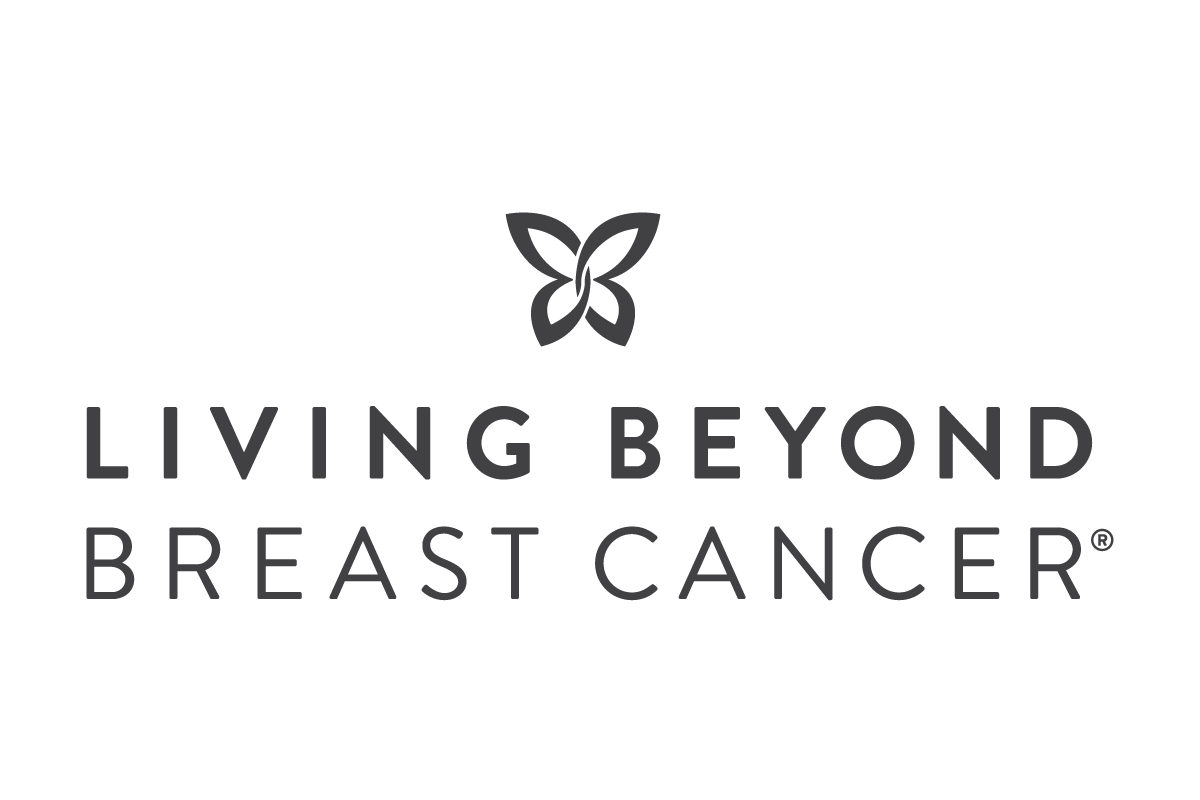Promising ctDNA study ends early due to low enrollment | SABCS 2024
Discontinued study suggests potential for liquid biopsy to guide treatment and offers takeaways for future research
- 12/16/24

On December 13, the last day of the 2024 San Antonio Breast Cancer Symposium, participants heard a much-awaited update on an innovative clinical trial designed to see if liquid biopsy could be used for treatment planning in people with triple-negative breast cancer (TNBC) or hormone receptor-positive early-stage breast cancer that has tested positive for a BRCA gene mutation. Although early results showed promise, the clinical trial closed early due to limited enrollment.
On this page
Background
Early breast cancer is often treatable. Yet, for 20-30% of people who have breast cancer, the cancer will return (recur). Numerous research studies are underway to figure out:
- How to predict when breast cancer is likely to recur
- How to reduce the risk of recurrence
- How to and treat recurrences more effectively
Circulating tumor DNA (ctDNA) testing looks for fragments of DNA shed by cancer cells into the bloodstream. The test may be given to people who have completed treatment to see if they still have molecular residual disease (MRD), a sign that they are at higher risk of breast cancer coming back. A ctDNA test result can be either positive or undetectable. A positive result means that cancer has a high risk of recurrence.
In this trial, researchers wanted to know if niraparib, a targeted therapy used to treat ovarian cancer, may work well in certain types of breast cancer. Niraparib is a PARP inhibitor, a class of drugs approved to treat BRCA1- and BRCA2-positive and triple-negative breast cancers.
TNBC is an aggressive type of cancer that does not respond to either hormonal therapy or anti-HER2 therapy. Fewer effective treatments exist for these fast-growing breast cancers.
Results
ZEST was a phase III randomized, controlled trial to explore the use of ctDNA testing to guide treatment in people with early-stage TNBC or BRCA-positive, hormone receptor-positive breast cancer.
The idea behind the study was that the ctDNA test would identify people who had molecular residual disease (MRD) but no clinical signs of cancer’s return. The trial would then test the targeted therapy niraparib to see if niraparib could extend the time before cancer returned.
Despite potentially promising results, the clinical trial ended due to low enrollment.
When the authors designed the study, they wanted to recruit at least 800 people—600 with TNBC and 200 with BRCA-positive breast cancer—to be randomized to take either niraparib or a placebo. Possible cancer recurrence is a serious concern for people with breast cancer, especially those with TNBC and BRCA-positive breast cancers. Many people were eager to enroll in the study. Yet after recruiting 1,901 to the trial, the study team was only able to randomize 40 people to drug therapy—far from the intended 800.
Of the 40, 18 were randomly assigned to receive niraparib and 22 to a placebo. Participants who received niraparib went more than twice as long without cancer growth than those who were not treated with niraparib (11.4 months versus 5.4 months). Because the study was very small, these results are not statistically significant.
Key challenges for this trial were:
- The trial recruited many people at low risk of recurrence. Of the 1,901, only 8% had positive ctDNA tests.
- Of the people with positive ctDNA tests, half had scans showing that breast cancer had already returned at the time of first testing, making them ineligible to continue in the trial.
- TNBC and BRCA-positive breast cancers can grow and spread quickly. Some participants developed metastatic breast cancer within six months from the end of treatment. Several participants had very high levels of ctDNA just two or three months after having no evidence.
What does this mean for you?
If you have early-stage TNBC or BRCA-positive breast cancer, these trials results may be disappointing, especially because the limited results showed promise. Talk with your doctor about this study and whether these results could have any impact on your treatment plan.
Clinical trials can be the best way to get access to promising therapies. Ask your doctor if they know of clinical trials that might be right for you. If your doctor does not offer clinical trials or connect patients to others who do, consider seeking a second opinion from a breast oncologist at a National Cancer Institute-designated cancer center.
You can also visit our Clinical trials page to learn more about how trials work and how to find a trial.
Our SABCS coverage
- A new era in dosing: Dose optimization
- Improving quality of life: Sex, drugs, diet, and physical activity
- Imlunestrant proves effective against hormone receptor-positive, HER2-negative advanced breast cancer
- Active monitoring: A safe option for DCIS?
- Addition of palbociclib improves outcomes in HER2-positive, hormone receptor-positive metastatic breast cancer
- Promising ctDNA study ends early due to low enrollment
- Radiation may be a better option than hormonal therapy for older adults with early-stage breast cancer
Watch our recap!
Neil Vasan, MD, PhD, shares the latest in medical breast cancer research at the 2024 San Antonio Breast Cancer Symposium and how this news may impact you, in conversation with Jean Sachs, MSS, MLSP, CEO of Living Beyond Breast Cancer.
Watch nowStay connected
Sign up to receive emotional support, medical insight, personal stories, and more, delivered to your inbox weekly.



